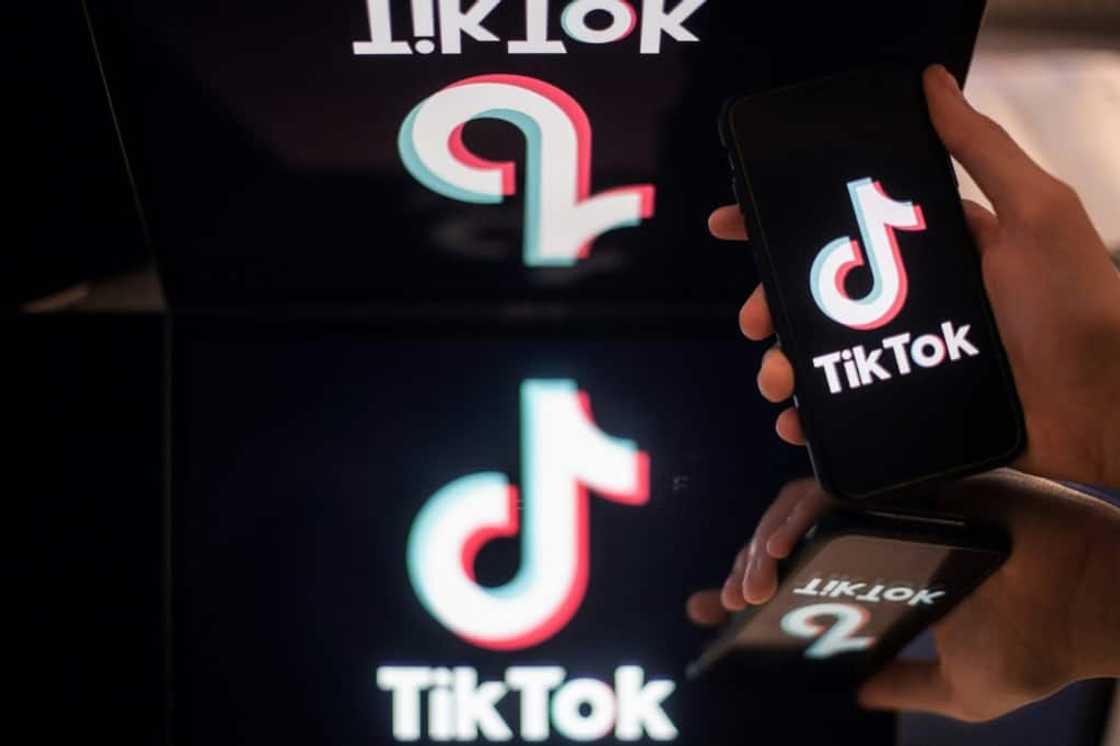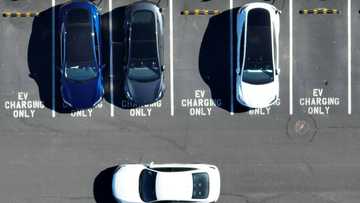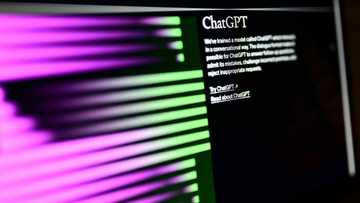Australia bans TikTok on government devices

Source: AFP
PAY ATTENTION: Celebrate South African innovators, leaders and trailblazers with us! Click to check out Women of Wonder 2022 by Briefly News!
Australia said Tuesday it will ban TikTok on government devices, joining a growing list of Western nations cracking down on the Chinese-owned app due to national security fears.
Attorney-General Mark Dreyfus said the decision followed advice from the country's intelligence agencies and would begin "as soon as practicable".
Australia is the last member of the secretive Five Eyes security alliance to pursue a government TikTok ban, joining its allies the United States, Britain, Canada and New Zealand.
France, the Netherlands and the European Commission have made similar moves.
Dreyfus said the government would approve some exemptions on a "case-by-case basis" with "appropriate security mitigations in place".
Cyber security experts have warned that the app -- which boasts more than one billion users -- could be used to hoover up data that is then shared with the Chinese government.
PAY ATTENTION: Follow Briefly News on Twitter and never miss the hottest topics! Find us at @brieflyza!
Fergus Ryan, an analyst with the Australian Strategic Policy Institute, said stripping TikTok from government devices was a "no-brainer".
"It's been clear for years that TikTok user data is accessible in China," Ryan told AFP.
"Banning the use of the app on government phones is a prudent decision given this fact."
Ryan said Beijing would likely "perceive it as unfair treatment of and discrimination against a Chinese company".
The security concerns are underpinned by a 2017 Chinese law that requires local firms to hand over personal data to the state if it is relevant to national security.
Beijing has denied these reforms pose a threat to ordinary users.
China "has never and will not require companies or individuals to collect or provide data located in a foreign country, in a way that violates local law", foreign ministry spokesperson Mao Ning said in March.
'Rooted in xenophobia'
TikTok has said such bans were "rooted in xenophobia", while insisting that it is not owned or operated by the Chinese government.
The company's Australian spokesman Lee Hunter said it "would never" give data to the Chinese government.
"No one is working harder to make sure this would never be a possibility," he told Australia's Channel Seven.
But the firm acknowledged in November that some employees in China could access European user data, and in December it said employees had used the data to spy on journalists.
The app is used to share short, lighthearted videos and has exploded in popularity in recent years.
Many government departments were initially eager to use TikTok as a way to connect with a younger demographic that is harder to reach through traditional media channels.
New Zealand banned TikTok from government devices in March, saying the risks were "not acceptable in the current New Zealand Parliamentary environment".
Earlier this year, the Australian government announced it would be stripping Chinese-made CCTV cameras from politicians' offices due to security concerns.
PAY ATTENTION: Сheck out news that is picked exactly for YOU ➡️ click on “Recommended for you” and enjoy!
Source: AFP



